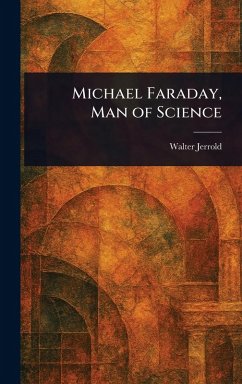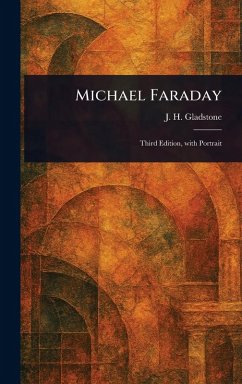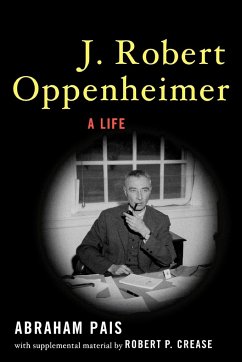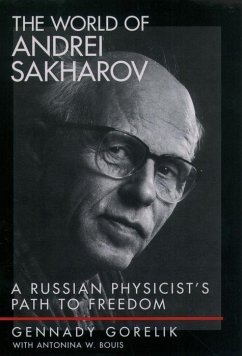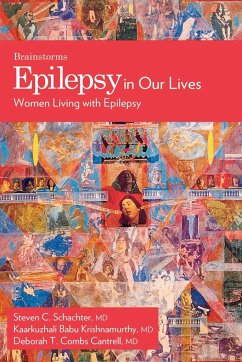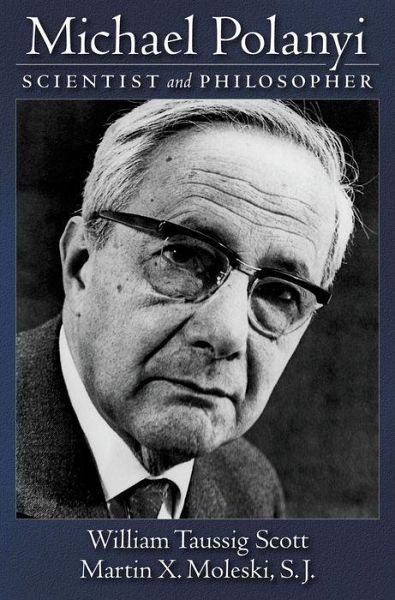
Michael Polanyi
Scientist and Philosopher
Versandkostenfrei!
Versandfertig in 1-2 Wochen
120,99 €
inkl. MwSt.

PAYBACK Punkte
60 °P sammeln!
Michael Polanyi was one of the great figures of European intellectual life in the 20th century. A highly acclaimed physical chemist in the first period of his career who became a celebrated philosopher after World War II, Polanyi taught in Germany, England, and the United States and associated with many of the leading intellects of his time. His biography has remained unwritten partly because his many and scattered interests in a wide variety of fields, including six subfields of physical chemistry, epistemology, economics, patent law, social and political theory, aesthetics, and theology. Thi...
Michael Polanyi was one of the great figures of European intellectual life in the 20th century. A highly acclaimed physical chemist in the first period of his career who became a celebrated philosopher after World War II, Polanyi taught in Germany, England, and the United States and associated with many of the leading intellects of his time. His biography has remained unwritten partly because his many and scattered interests in a wide variety of fields, including six subfields of physical chemistry, epistemology, economics, patent law, social and political theory, aesthetics, and theology. This long-awaited volume will be the definitive resource on Polanyi and his work.





